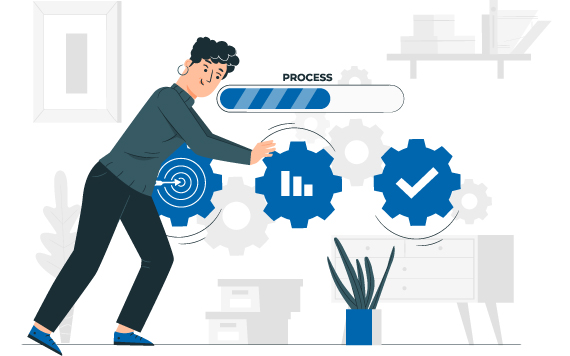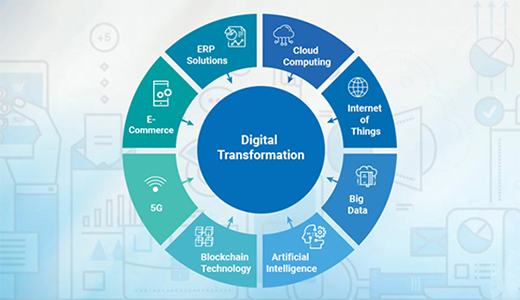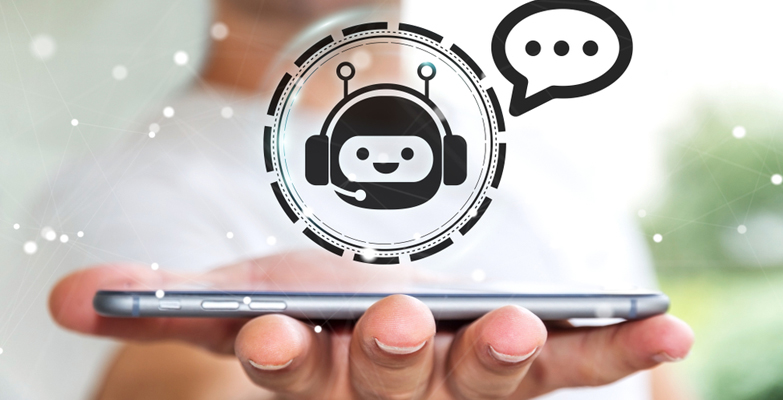Digital Transformation
Digital transformation is the integration of digital technology into all areas of a business, fundamentally changing how you operate and deliver value to your customers. It's also a cultural change that requires organizations to continually challenge the status quo, utilize the technology rightly and be ahead of the competition. Digital transformation marks a radical rethinking of how an organization uses technology, people and processes to fundamentally change business performance
If businesses want to evolve with the rapid pace of digital change today, they must work to increase efficiency with technology wherever possible. For many, that means adopting agile principles across the business. Automation technologies also help many IT organizations gain speed and reduce technical debt.


Digital transformation is not about technology alone. It is a combination of people, business and technology which is guided by a broader business strategy. SHRAS ITS enables the customers to plan their Digital Transformation Journey by building it around few more key elements:
- Customer experience.
- Operational agility.
- Culture and leadership.
- Workforce enablement.
- Digital technology integration.

SHRAS ITS adds value by bringing our vast experience across various domain by focusing on a clear set of objectives - whether you’re transforming an existing model or starting from scratch, in order to reach a consensus on the best path to pursue.
Embrace adaptive design - Adaptive design enables CIOs to pursue monthly or even weekly tweaks to the transformation strategy, including reallocating talent.
Adopt agile execution - Encourage risk taking, enabling even lower-level employees to make decisions, fail fast and learn.
Its okay to disrupt your self- Successful digital transformation requires preemptive changes rather than reacting to competitive pressures or disruptors.
Artificial Intelligence (AI)
Artificial intelligence (AI) is the simulation of human intelligence processes by machines, especially computer systems. These processes include learning (the acquisition of information and rules for using the information), reasoning (using rules to reach approximate or definite conclusions) and self-correction.Artificial intelligence (AI) is wide-ranging branch of computer science concerned with building smart machines capable of performing tasks the typically require human intelligence. AI is an interdisciplinary science with multiple approaches, but advancements in machine learning and deep learning are creating a paradigm shift in virtually every sector of the tech industry.


Chatbot
A chatbot is an artificial intelligence (AI) software that can simulate a conversation (or a chat) with a user in natural language through messaging applications, websites, mobile apps or through the telephone. A chatbot is often described as one of the most advanced and promising expressions of interaction between humans and machines.
Chatbots are typically used in dialog systems for various practical purposes including customer service or information acquisition. Some chatbots use sophisticated natural language processing systems, but many simpler ones scan for keywords within the input, then pull a reply with the most matching keywords, or the most similar wording pattern from a database

